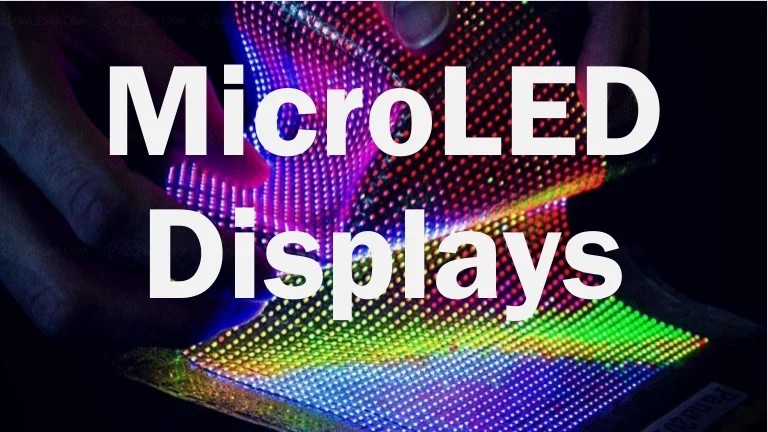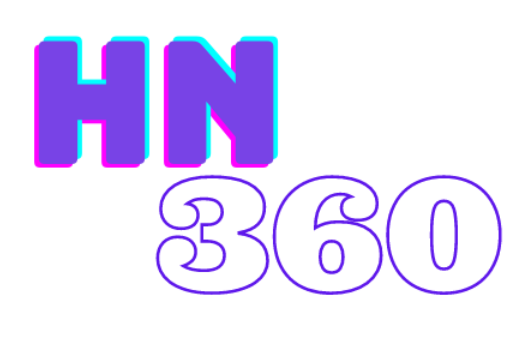
Today Google equipment manager Rick Osterloh affirmed that the organization has gained Raxium, a five-year-old startup with MicroLED innovation that could be key in building another age of increased, virtual, and blended reality headsets.
This adds to the proof that Google’s next huge AR draw is developing nearer: it recently procured the glasses creator North in 2020, and is supposedly employing specialists to construct an expanded reality working framework. We learned in January that Google Labs is building an AR headset called “Task Iris,” under similar administration as the Project Starline high-res video visit demo displayed during its I/O occasion the year before.
Whenever The Information initially detailed Google’s Raxium buy last month, it noticed that MicroLED tech could be valuable for building AR shows that are more energy-proficient than different arrangements, yet look bright. Also, Raxium is chipping away at “solid combination” for MicroLEDs, which The Information reports would mean assembling them out of a similar sort of silicon utilized for most processors, possibly driving the cost down altogether. Different organizations dealing with MicroLED AR equipment have included Oppo, Apple, and Vuzix.
Concerning the opposition, Microsoft has proactively conveyed an increased reality gadget with HoloLens, while Apple, Meta, Snap, and others are allegedly money management intensely to make their own equipment that overlays data and pictures on top of this present reality.
As indicated by Raxium’s site, a Super AMOLED screen on your telephone has a pixel pitch (the distance between the focal point of one pixel, and the focal point of one more pixel close to it) of around 50 microns, while its MicroLED could oversee around 3.5 microns. It likewise gloats of “exceptional productivity” that is in excess of multiple times better compared to any world record.
Osterloh referred to both the size and productivity in his blog entry about the future presentation innovations Raxium could fabricate. He said the organization will join Google’s Devices and Services group, and that its “specialized mastery in this space will assume a critical part as we keep on putting resources into our equipment endeavors.”
